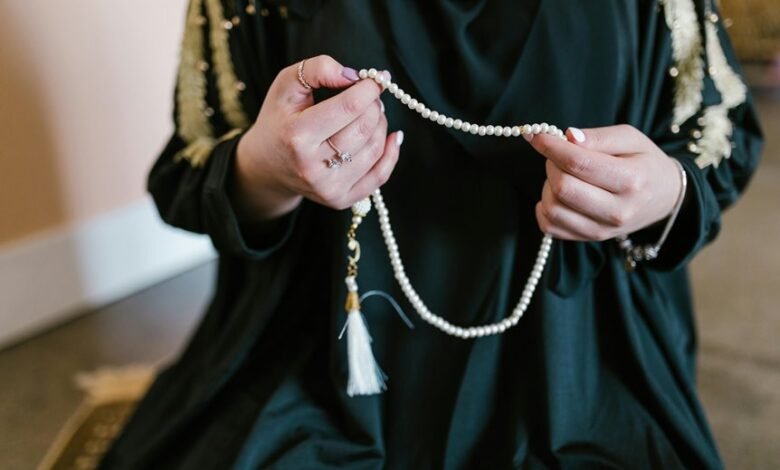Dua After Eating: Islamic Prayer to Recite After Meals

The practice of reciting a Dua after meals carries significant meaning within Islamic tradition. It serves as a reminder of gratitude for sustenance, fostering a sense of mindfulness. This ritual is not merely a formality; it is intertwined with spiritual growth and community connection. Understanding its importance raises questions about how such simple acts can transform daily life. What deeper implications does this practice hold for individual spirituality and communal bonds?
The Significance of Reciting Dua After Meals
Although many may view the act of reciting dua after meals as a mere tradition, its significance extends far beyond ritualistic observance.
This practice embodies the importance of gratitude, reinforcing a conscious acknowledgment of food blessings. By expressing thankfulness, individuals cultivate a deeper connection to their sustenance and promote mindfulness, ultimately enhancing their appreciation for life’s provisions and fostering a sense of community.
The Recommended Dua to Recite
The act of reciting a specific dua after meals is a deeply rooted practice in Islamic tradition, reflecting both gratitude and reverence for the sustenance provided.
This dua, often invoking blessings, underscores the Dua Importance in acknowledging the nourishment received.
Spiritual Benefits of Practicing Gratitude
Practicing gratitude fosters a profound sense of spiritual well-being, serving as a catalyst for personal transformation.
By cultivating a grateful mindset, individuals experience numerous thankfulness benefits, including enhanced emotional resilience and deeper connections with others.
This practice encourages mindfulness and appreciation for life’s blessings, ultimately leading to a more fulfilling existence.
Embracing gratitude paves the way for spiritual growth and inner peace.
Incorporating Dua Into Daily Life
Gratitude, as a practice, can seamlessly integrate into daily routines through the recitation of dua, or supplications, which further enhances one’s spiritual journey.
Incorporating dua into daily habits, especially during mindful eating, fosters a deeper connection to both the act of nourishment and spiritual awareness.
This intentional practice not only cultivates gratitude but also enriches one’s overall experience of daily life.
Conclusion
In conclusion, the practice of reciting a Dua after meals serves as a vital expression of gratitude within Islamic tradition, reinforcing mindfulness and spiritual connection. Research indicates that expressions of gratitude can significantly enhance overall well-being, with studies showing that individuals who regularly practice gratitude report a 25% increase in happiness levels. By incorporating this simple act into daily routines, individuals not only honor their sustenance but also foster a more profound sense of community and fulfillment in their lives.




